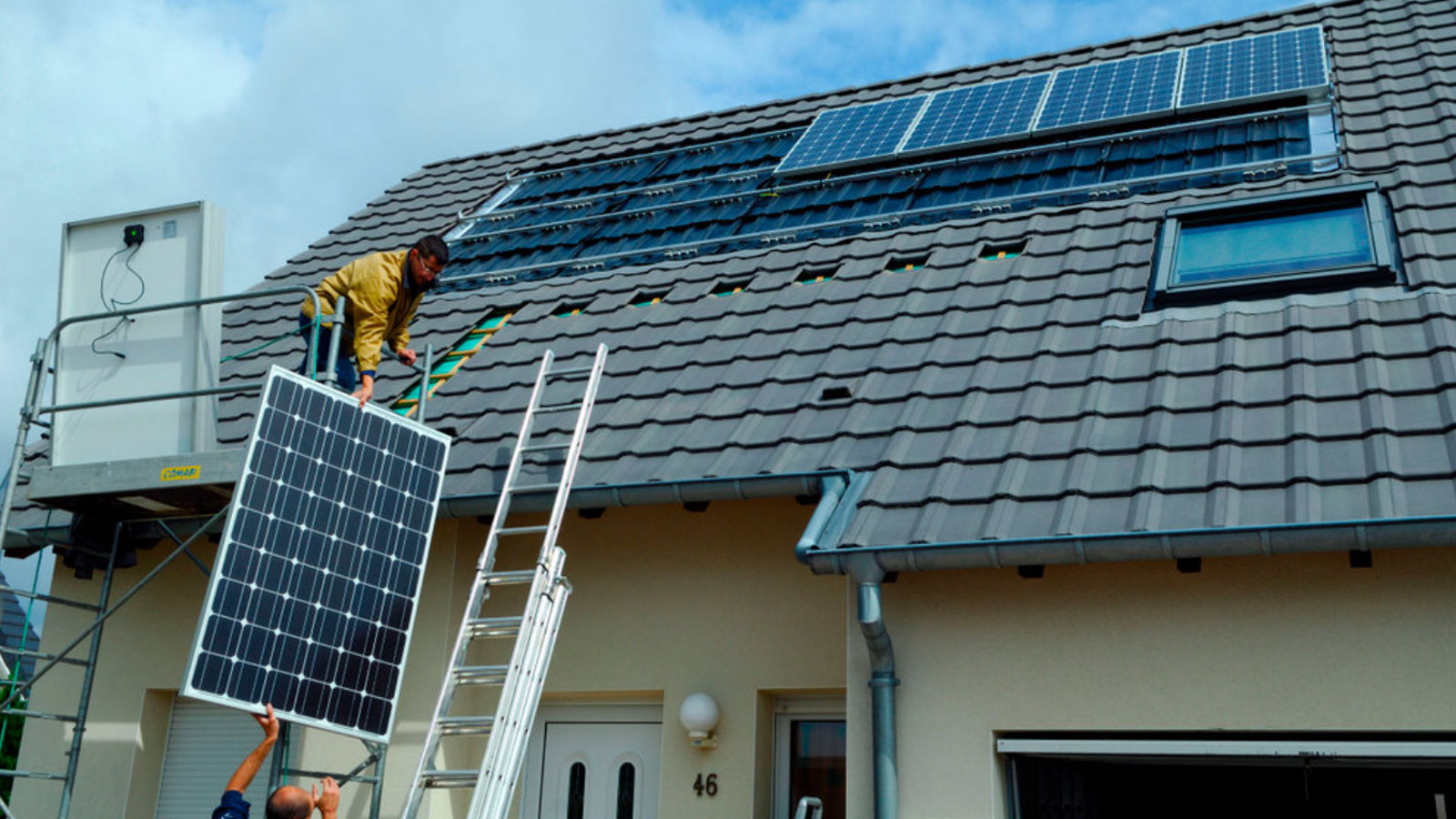Installing solar panels can reduce your carbon pollution and save you money on energy bills.
But John Hay, an extension educator at the University of Nebraska, says it’s not a perfect solution for everyone.
For some people, their home’s location or orientation is a limitation.
“I have this nice house, it’s got a south-facing roof, but I have two beautiful oak trees in the front yard, and it’s going to get shaded most of the time,” Hay says.
Others may be concerned about how long it will take to pay off. That depends on a lot of factors, like your energy use and which incentives and tax credits you qualify for.
So Hay runs workshops and webinars – usually for free – to help people calculate the costs and benefits of solar and come to an informed decision for themselves.
He says that if you decide that installing solar is not right for you, you may be able to subscribe to a community solar program instead.
And he says you can always revisit your decision if your circumstances change.
“If you do some of your homework today and maybe the economics aren’t quite what you like, now you’re prepared to do that analysis again a year from now or something like that,” Hay says.
So you can make the investment that you’re comfortable with when the time is right.
Also see: Three common myths about solar energy, demystified
Reporting credit: Sarah Kennedy/ChavoBart Digital Media
Source link


